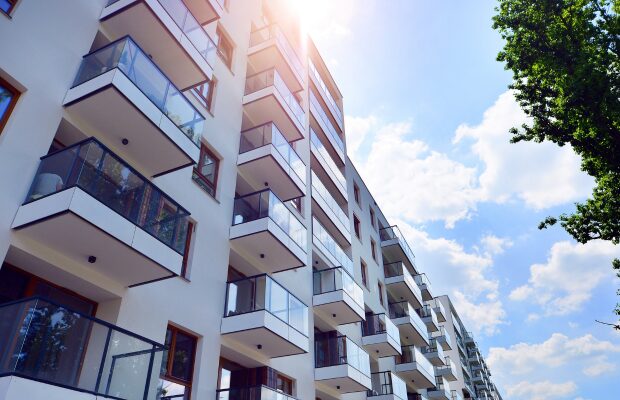One of the most important areas of residential lettings you need to
be on top of as a landlord isn’t to do with your properties at all –
it’s your taxes.
And there are a fair few of them you
need to know about to… Here are three of the main taxes you should be
aware of as a landlord:
1. Stamp Duty
So, if you’ve
ever bought a house in the UK, whether a buy-to-let or a property to
live in, you should be well aware of Stamp Duty.
If you’re a landlord, the rules around Stamp Duty are slightly different to normal residential property purchases.
Landlords,
or buyers of second homes, must pay an additional 3% Stamp Duty on
purchases following changes to the tax rules that came in back in 2016.
With
the Spring Budget coming in the next few days, rumours suggest new
Chancellor Rishi Sunak could be about to overhaul the Stamp Duty system
in a bid to get the property market moving post Brexit.
The
whispers suggest the tax-free threshold could rise to £500,000, meaning
buyers would pay zero Stamp Duty on the first £500,000 of their
purchase price.
How this would affect landlords, or even whether it would affect them at all, remains unclear.
2. Income tax
If
you’re a landlord and you make an income from your rental property, or
properties, then you are required to pay income tax – even if you
already pay tax as part of your job.
You’ll pay no income
tax on the first £12,500 you earn, while everything else up to £50,000
is subject to the basic 20% rate of income tax.
Any earnings over £50,000 are taxed at 40% and any over £150,000 are taxed at 45%.
If
your property, or properties, is part of a limited company, you’ll need
to pay corporation tax and any income drawings you make from the
company will also be subject to tax.
From April 2020,
landlords will no longer be able to deduct their mortgage interest from
their tax liability and instead will be able to claim a basic 20%
deduction on their profits.
What landlords can claim as income tax expenses
- Business costs – phone call, travel and home office costs
- Fees – surveyors, accountants, letting agents, solicitors
- Ground rent for leasehold properties
- Insurance – buildings, contents, rent guarantee
- Loan and credit purchase interest
- Repairs and replacements to and for the property
- Cleaning or gardening services
- Utility bills and council tax for times the property is not occupied
3. Capital gains tax
When
you come to sell your rental property, you could be subject to capital
gains tax if your property is not owned by a limited company.
Capital
gains tax applies to profits made on the sale on a property that isn’t
your main home, so this is one that affects landlords all over the UK.
You
are taxed on the gain (i.e the profit made between buying and selling
the property, less costs like estate agent fees, solicitor fees, stamp
duty and any deductible improvement costs, plus a tax-free allowance on
the first £12,000.
Basic rate taxpayers must pay 18% in capital gains tax, while higher and additional rate taxpayers pay 28%.
From April 2020, landlords will be unable to claim up to £40,000 in private residence relief on their capital gains tax bills.
Currently, landlords can claim the relief on properties they let out that are, or were once, their main home.
From April, this tax relief will only apply to landlords living in situ with their tenants.
Also,
currently any gains made in the final 18 months a landlord owns the
property are exempt from capital gains tax, but from April this
timeframe will reduce to nine months.
If you have any questions surrounding landlord taxes, get in touch with your local Whitegates branch for advice.




